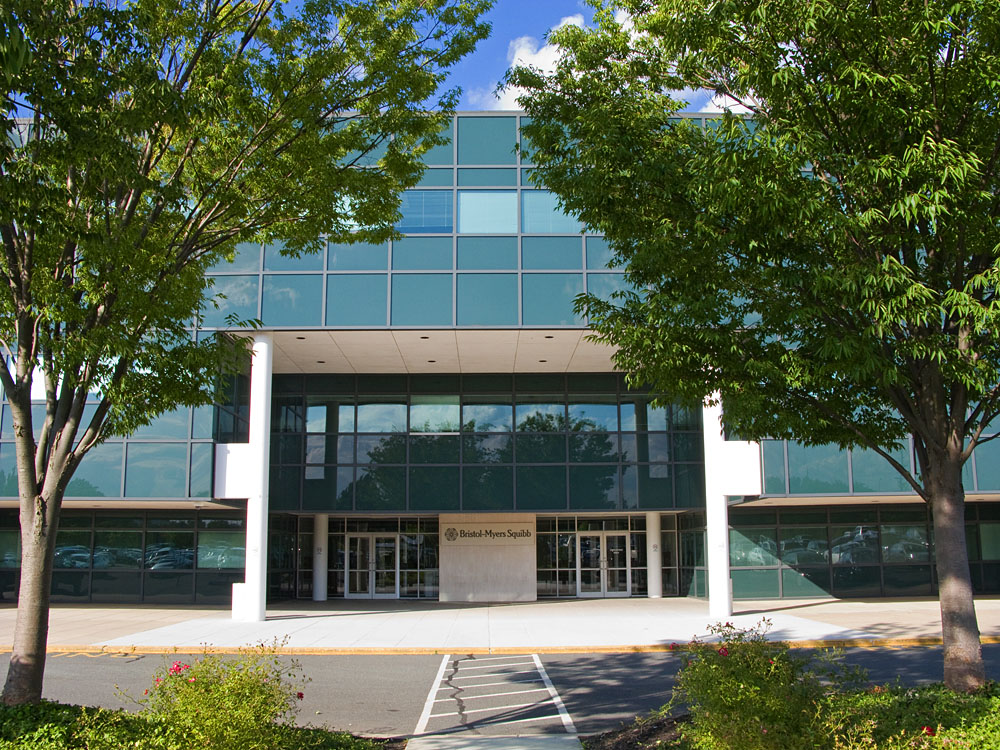BMS begins Harvard fibrosis stem cell research collaboration

Bristol-Myers Squibb has begun a research collaboration with a group stem cell experts from Harvard University into fibrotic diseases, including fibrosis of the liver and heart.
In recent years BMS has been noted for its work in cancer immunotherapy, becoming the first company to get a checkpoint inhibitor, Opdivo (nivolumab), on to the market.
But the company is committed to cutting-edge R&D outside of cancer too and has joined with the Harvard Fibrosis Network, part of the Harvard Stem Cell Institute to research diseases caused by scarring to major organs and tissues.
The collaboration will aim to discover and develop new therapies for fibrotic diseases, including fibrosis of the liver and heart.
The Harvard Fibrosis Network brings together researchers across the schools and affiliated hospitals of Harvard University.
Academics studying hepatic and cardiac fibrosis from the network will collaborate with BMS scientists on four project over three years.
Specific research projects will focus on applied fibrosis biology, identification of noninvasive biomarkers, and novel targets for potential anti-fibrotic therapies in the areas of hepatic and cardiac fibrosis. No financial details were disclosed.
Fibrotic diseases impact many organs or tissues in the body and are characterised by injury and chronic inflammation that lead to excess collagen deposition and scar formation in affected organs or tissues.
The scarring compromises function and ultimately leads to organ failure, and treatments for these diseases are limited, meaning there is a need for new and better treatments.
Carl Decicco, head of discovery at Bristol-Myers Squibb, said: “Bristol-Myers Squibb strives to discover and develop transformational therapies that arrest or reverse the progression of fibrosis and restore organ function.”
“We are excited to work with the Harvard Fibrosis Network, as we believe this collaboration will advance fibrosis research with a goal of expediting the development of new therapies for patients with these debilitating conditions.”
Harvard Fibrosis Network lead researcher, Joseph Bonventre, said: “To accelerate our understanding in this area, we draw on a large accomplished group of investigators at the Harvard Stem Cell Institute who focus on many different organs and biological processes. Our collaboration with Bristol-Myers Squibb will advance our efforts to discover and develop fibrosis therapies, because it allows us to combine the best of academic, clinical, and pharmaceutical research practice.”












